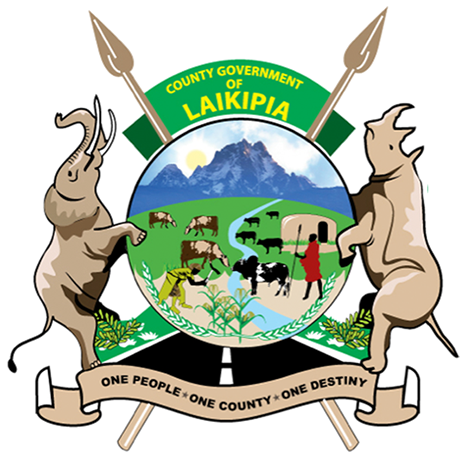Helping CEREB SMEs Focus Globally
The Ministry of Industrialization, Trade and Enterprise Development, through the State Department for Industrialization, in 2008 developed a project named One Village One Product (OVOP).
It was adopted as a model of development for Micro and Small Enterprises support through value addition of locally available resources, with the slogan, Unda Unacho Tumia, Tumia Unacho Unda.
The OVOP project is carried out by local people through community-based organizations or local enterprises where The government only acts as a facilitator.
The State Department for Industrialization in this regard organized a meeting for the County Integrated Development Officers and other government officials from the Central Region Economic Bloc counties, to sensitize them on the OVOP project.
The meeting was held in Nyeri County on the 17th of September 2021. It was officially opened by the Principal Secretary, Amb. Kirimi, P. Kaberia, CBS, and chaired by CECM for Trade and Cooperatives, Nyeri County, Ms. Diana Kendi.
The participants were CECMs, Chief Officers and officers drawn from Departments of Finance, Trade, Agriculture, Natural Resources, of Murang'a, Meru, Nyandarua, Laikipia, and Nyeri Counties as well as officers from State Department for Industrialization.
The State Department for Industrialization purposed to engage the County Integrated Development Officers from central region on the challenges and gaps faced in CEREB in supporting the Micro and Small Enterprises in their efforts to use locally available resources to enhance their growth.
The meeting discussions highlighted the goal of OVOP of achieving socio-economic development of the central region community based on three key principles:
- Think globally act locally - use locally made resources to make high value-added products with long-term objective of reaching international standards and markets.
- Self-reliance and creativity - local community to identify local resources and maximize them.
- Human resource centered development - cultivate innovative and creative human resource or leadership through processing, marketing, financing, and entrepreneurship activities.
Some of the initiatives discussed at the plenary session were as follows:
- OVOP business cycle and supporting institutions.
- Implementation of OVOP in Kenya.
- Achievements of OVOP Phase I (2008 - 2017) and OVOP Phase II (2017 - 2020).
- Lessons learnt in implementing OVOP Phase I and II.
- Areas of focus for OVOP Phase III (2021 - 2025) - Resource mapping and Cottage industries cluster development and promotion.
- Anticipated challenges and expected outcomes for OVOP Phase III.
- Current progress of CEREB Micro and Small Enterprises.
- Integration of OVOP in the Central Region Economic Bloc.
Amb. Kirimi urged the County officials represented to take advantage of the low-hanging fruits within their county by utilizing their available resources to enhance development while using the least amount of funding.
The official representatives from all CEREB counties in attendance unanimously agreed to implement the OVOP project in their respective counties to support the growth of Micro and Small Enterprises across the region.
The County Integrated Development Officers agreed to work closely with their respective County officers in ensuring that Micro and Small Enterprises were fully supported in their development through the use of locally available resources.
The Ministry of Industrialization, Trade, and Enterprise Development will give its continuous support to Micro and Small Enterprises in the Central Region Economic Bloc and across the country.
